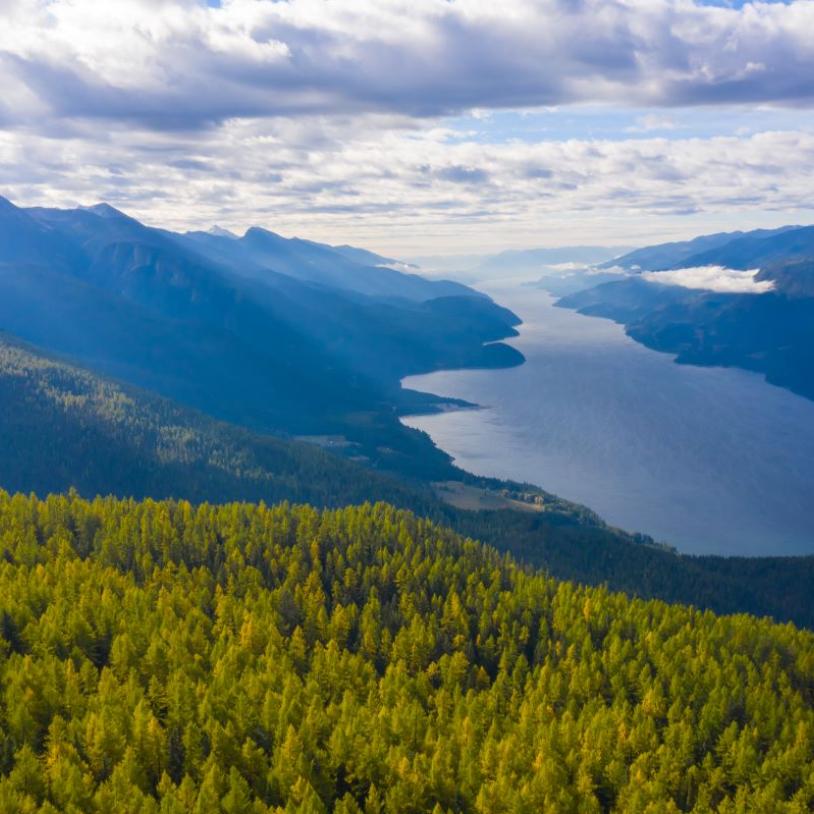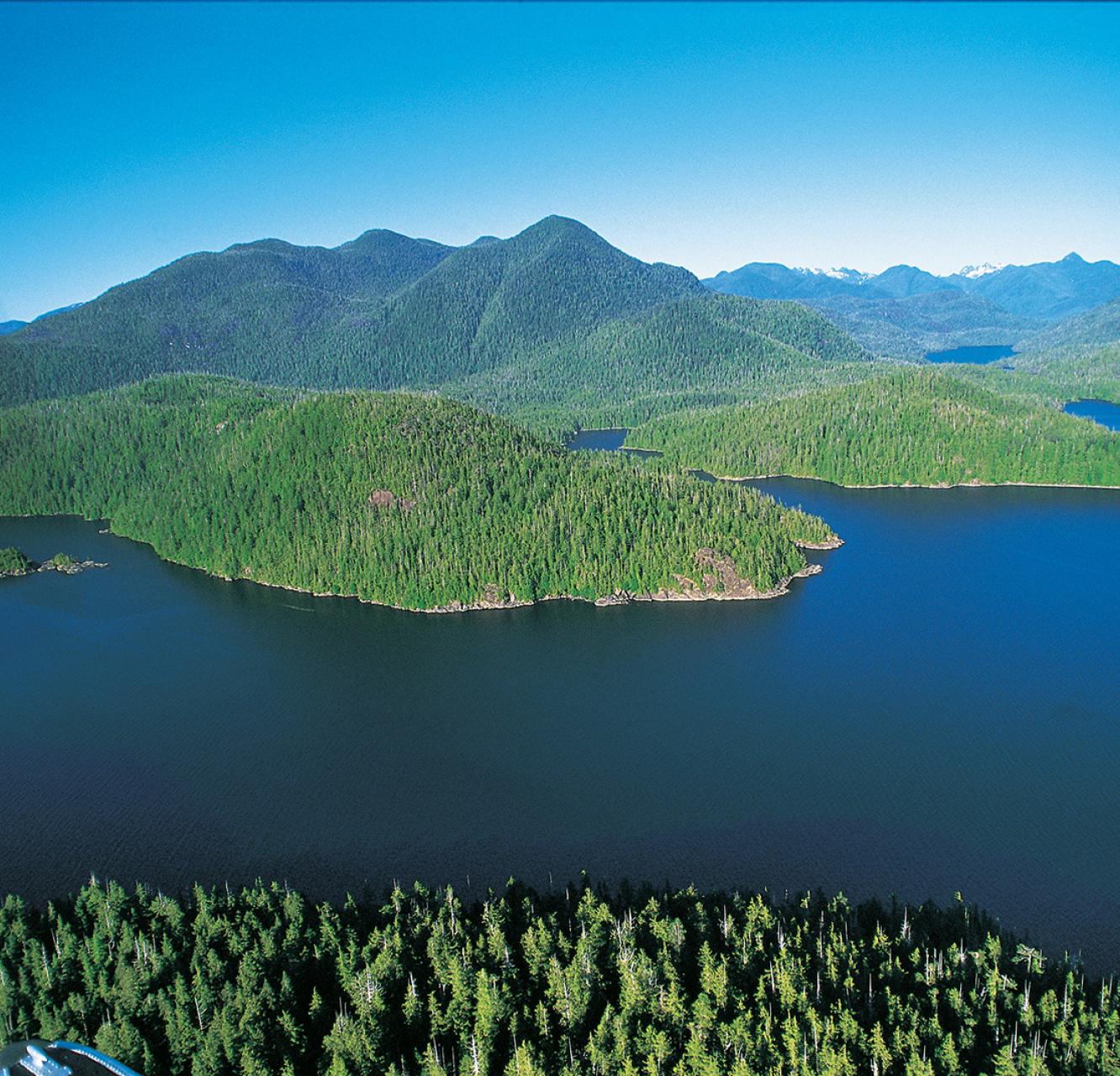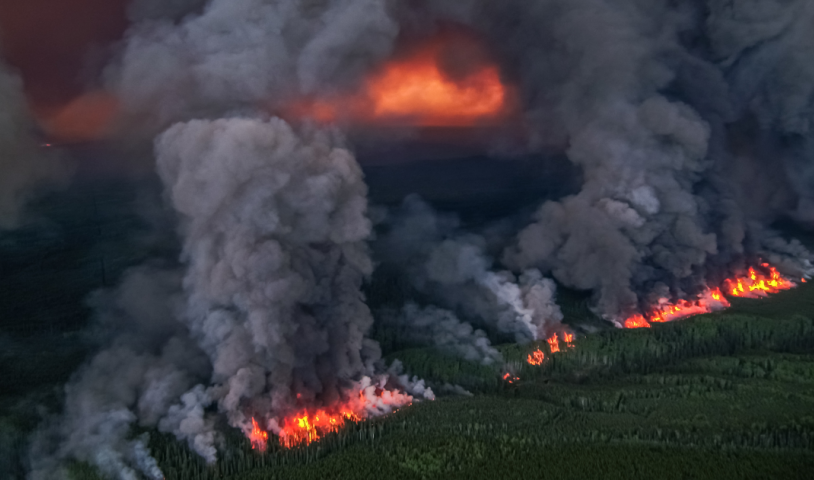Park Amendment Act passes
Thursday, May 8, 2014
This bill will allow “research” to be conducted in any provincial park for commercial or industrial use. There is no clear definition on what this use would be. It could range from pipe and transmission lines to drilling for water, gold or oil.
The Hansard record of March 24 (debate in the legislative assembly) shows more detail of attempts to correct the vagueness of the wording in this bill. Attempts by the Opposition to amend this bill and add wording to specifically exclude such industrial activities such as fracking, drilling for oil or to define "research" failed.
“The Minister has received thousands of letters opposing this bill since it was introduced last month, but the public’s concerns have been ignored,” said Peter Wood of the Canadian Parks and Wilderness Society. “There has been absolutely zero public consultation, and the pace at which this was pushed through suggests this was never a consideration.”
“This Bill undermines the very definition of what a 'park' is, given that our protected areas will now be open to industrial activity,” said Gwen Barlee of the Wilderness Committee. “This is a black day for BC Parks — the provincial government is ensuring that none of our parks are now safe from industrial development.”
Previously, a park use permit could not be issued unless the applicant could prove that the activity was “necessary for the preservation or maintenance of the recreational values of the park involved.”
Bill 4 removes this safeguard, allowing the Minister to grant a permit if it is determined that the research relates to “an environmental assessment or a feasibility study,” or is “necessary to inform decision making around changing the boundaries.”
A government document obtained in late 2013 via a Freedom of Information request revealed that the B.C. government is already considering boundary changes to over 30 parks to allow the building of LNG pipelines and the expansion of the Kinder Morgan pipeline. The Bill also removes certain protections from smaller parks.
This is a sharp reminder of what happened in 1987, where the government deleted or downgraded several sections of many parks in B.C. to facilitate mining and other industrial activities. The effect this was going to have on Strathcona Provincial Park created the birth of the Friends of Strathcona Park.
All meetings with the government failed and people had to take on a “civil duty” exercise for three months in the middle of the winter on a blockade to defend B.C.’s oldest Park, Strathcona. Many people were arrested.
The Social Credit government of the day was defeated and new legislation introduced by the NDP gave parks a stronger protection. Now this safe guard has been removed.
"It looks like we have to start thinking about other actions again as talking does not seem to have a place in this current government," says Marlene Smith, spokesperson for the Friends of Strathcona Park.
— Friends of Strathcona Park
Photo: Well Grey Provincial Park.





